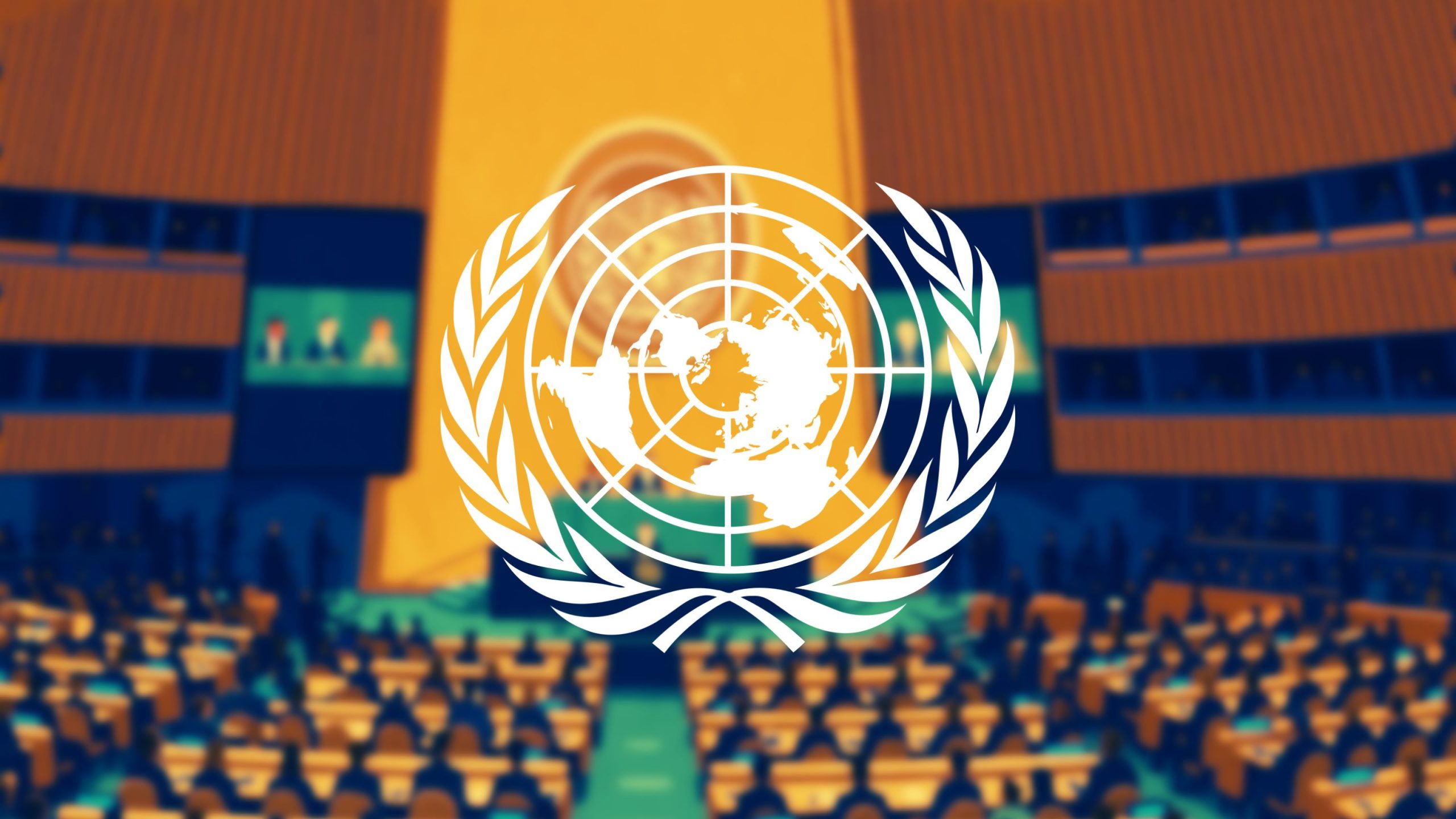At the United Nations Committee on Information’s 47th session, now in progress through May 9, delegates delivered impassioned speeches condemning the spread of false information online. But while much of the discussion focused on the dangers of disinformation, a growing undercurrent of concern emerged over the potential use of these efforts as a pretext for censorship and control over speech.
More: UN Advances Pro-Censorship Agenda by Targeting Gaming Platforms Over Alleged “Radicalization” Risks
The Israeli delegation described the spread of online falsehoods and incitement as not merely a technical hurdle but a “moral obligation” to confront, stating that “the fight against disinformation is not only a technical challenge, but also a moral obligation.” This framing resonated with many states present, who endorsed the UNESCO Principles for the Governance of Digital Platforms; guidelines ostensibly designed to curb digital misinformation and “hate speech.”
Yet, the widespread enthusiasm for these principles raises pressing questions about who defines disinformation, how enforcement is implemented, and what safeguards exist to prevent abuse. While member states described online manipulation campaigns as threats to national sovereignty and social stability, the solutions proposed risk handing greater power to centralized institutions to determine which voices are legitimate and which are not.
Germany brought attention to the rising vulnerability of peacekeepers facing narrative manipulation in volatile regions, warning that “peacekeepers…are increasingly the target of mis- and disinformation campaigns.” Still, the remarks hinted at a broader problem: the blurring of lines between valid criticism and disinformation, which could lead to the stifling of uncomfortable truths.
Geopolitical tensions surfaced as Ukraine accused Russia of a campaign of violence against journalists, citing over 100 deaths since the beginning of the war, including journalist Viktoriia Roshchyna.
In response, Russia’s delegate portrayed its own media as under siege abroad, pointing to a “constantly updated section” on the foreign ministry website tracking repression against Russian journalists. He accused Ukrainian authorities of torturing and persecuting dissenting reporters and criticized the ongoing existence of the Myrotvorets website, known for publishing personal details of individuals labeled as enemies of Ukraine. The international community, he argued, has remained conspicuously silent.
Rather than acknowledge any shared concern for media freedom, the United Kingdom struck back by accusing Moscow of orchestrating the Doppleganger network, operated by the Social Design Agency, to spread anti-Ukrainian propaganda across Europe. The UK delegate also charged Russia with hijacking the Security Council to disseminate falsehoods. But the call to “denounce and sanction” information networks again brought the debate full circle to an uncomfortable reality: the push to combat disinformation is increasingly entangled with efforts to suppress dissenting narratives, particularly in geopolitical conflicts.
Calls for preserving the credibility of the United Nations came from several quarters. China’s representative insisted that the Department of Global Communications must share “accurate, neutral and credible” updates that include diverse member-state perspectives. But terms like “neutral” and “credible” remain subjective in the absence of a universally agreed-upon standard.
The Iranian delegate directly challenged what she saw as selective outrage from the United States, particularly regarding free speech. She pointed to the US government’s track record on suppressing domestic protests and accused it of enabling human rights violations abroad. “The United States is certainly not well-positioned to present itself as a defender of human rights,” she said, urging it to respect differing opinions rather than suppress them.













